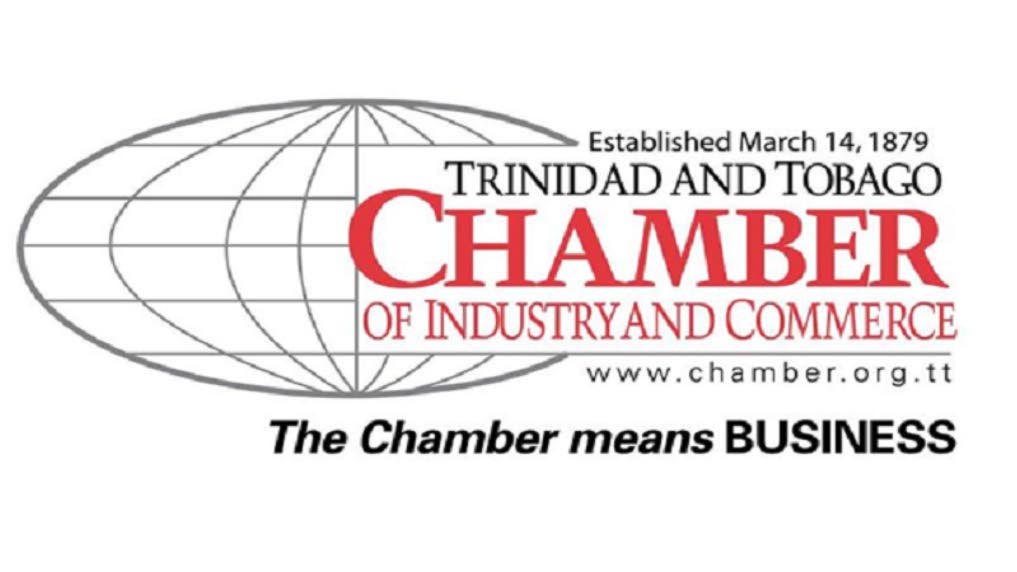Why brand equity matters

Have you ever shopped in a crowded store where a brand name item is on sale – even though the sale price is still costly? Did you feel a glow of pride when you brought a more expensive piece of clothing or a phone, even though there were more affordable products available? What attracted you? Was it because the brand is popular? Was it the quality of the item, the prestige attached to it, or was it simply a case of consumer loyalty? No matter what your motivation, that’s brand equity.
Through brand equity, companies are able to make their products distinctive and easily distinguishable from competitors with similar, but more generic offerings. Consumer perception translates into higher returns on the brand’s product or service.
Brand equity is precious because it increases both the value of the product and its market share. The four main ingredients of brand equity are brand association, brand loyalty, brand awareness and perceived quality.
Brand equity does not only apply to products and services – many people in the public eye have created and grown their own brand – sports personalities like Serena Williams or musicians like Bob Marley are perfect examples. Some of the best-known brands (think Apple or Starbucks) have become so iconic that they need only display a symbol or mark to be recognised.
Brands that understand their essence – and therefore, their equity – can leverage this understanding to their advantage. It can help them innovate, create new products and expand into new markets. The Jamaican beer brand Red Stripe seized the opportunity to do just that by aligning itself with West Indies cricket. Kiss, which built its reputation around high-quality bread, has been able to expand its product portfolio to include specialty cakes and breads, including saada roti. The Bermudez Biscuit Company, winner of the Trinidad and Tobago Chamber of Industry and Commerce’s “Champions of Business: Internationally Known...T&T Owned” award in 2017, has one of the most recognisable local brandmarks.
Current economic conditions have caused brand equity to assume greater importance, not only for established operations, but for start-up businesses and small and medium-sized enterprises as well. With many companies having to re-think their strategies, awareness of brand equity can inform what works best for your particular product or service. Understanding your brand equity will help you address what might be able to change – and what needs to stay – in your product/service offering. In trying to promote creation, innovation and expansion of both products and markets, brand equity helps pinpoint which aspects of your brand should must be retained and those that need to evolve, without losing what is most valuable.
The TT Chamber has embarked on a series of Business Insights sessions aimed at helping you build your brand equity. Our featured presenters and panellists will include some of the most experienced brand marketers in Trinidad and Tobago. Prominent brand owners will also be on hand to share their knowledge and real-life experiences. These sessions, all part of the TT Chamber’s ongoing effort to help business operators leverage opportunities for export, will be particularly beneficial to small and medium-sized enterprises seeking to expand their operations. To find out how you can register for our first session on September 12, 2018, call the Chamber at 637-6966 or email chamber@chamber.org.tt.

Comments
"Why brand equity matters"